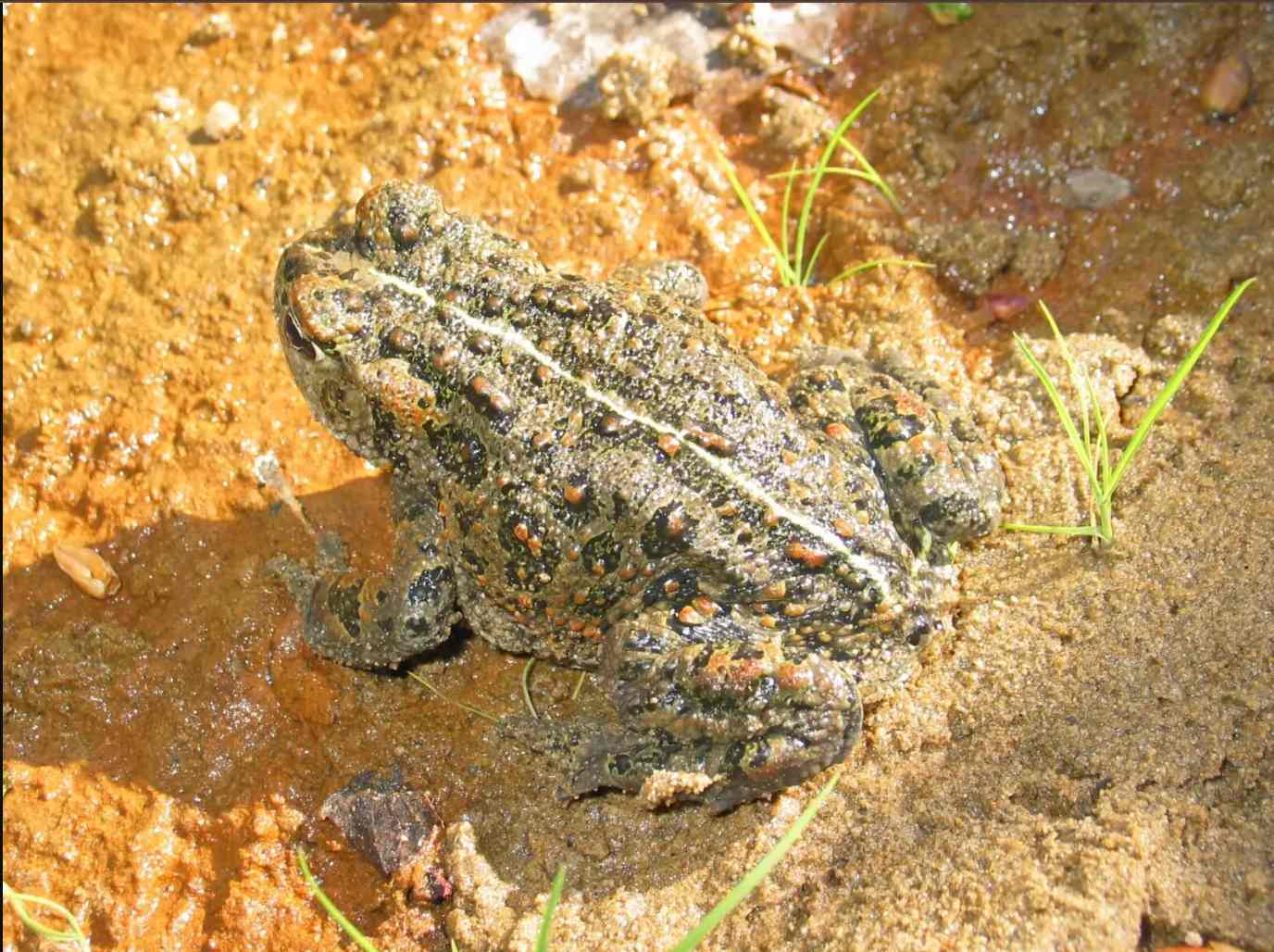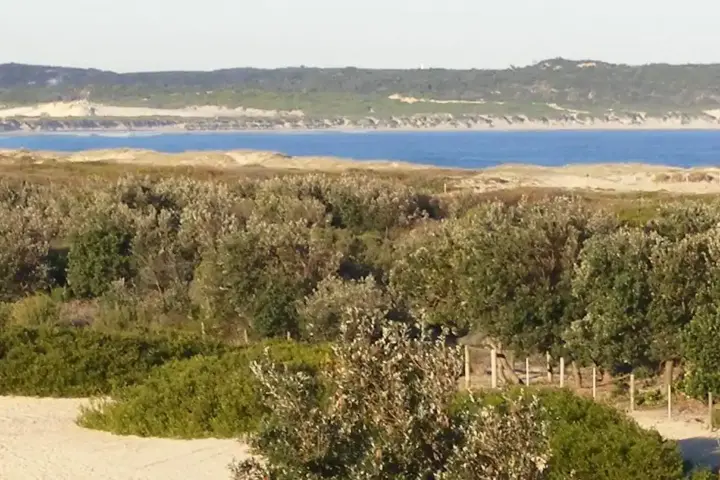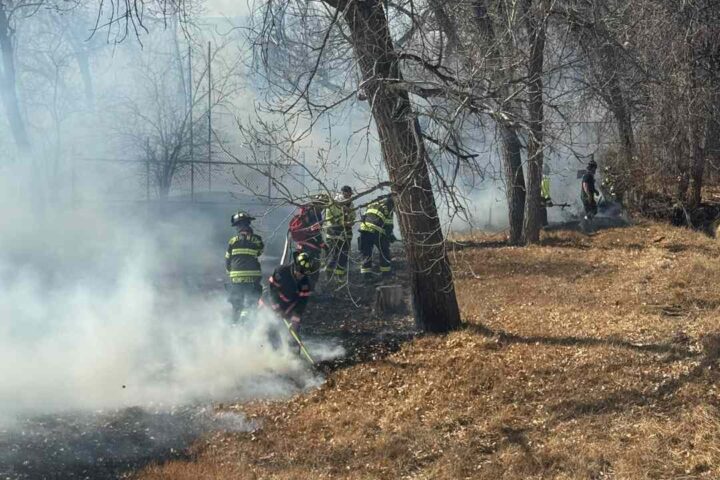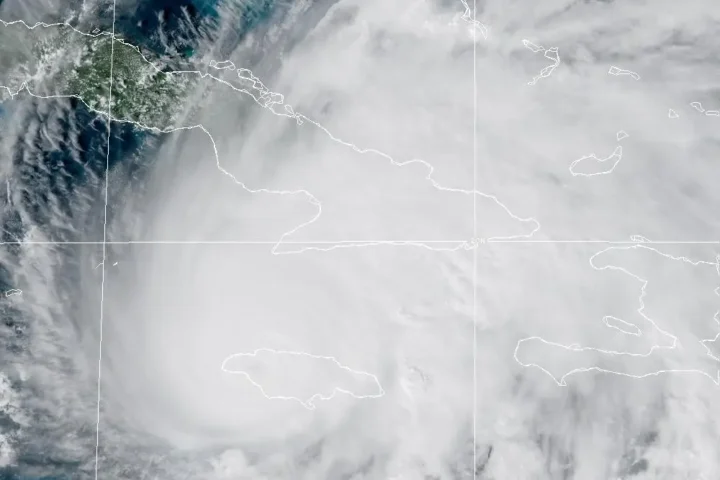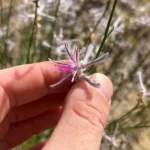Environmental advocates have initiated legal proceedings against a federal agency in an effort to secure safeguards for an imperiled amphibian species. The Center for Biological Diversity filed a lawsuit against the U.S. Fish and Wildlife Service demanding protection for the critically endangered Railroad Valley toad under the Endangered Species Act. This challenge emerges while the current administration advances initiatives to increase fossil fuel extraction in proximity to the toad’s sole habitat.
The Railroad Valley toad lives exclusively in a single 445-acre spring-fed wetland complex in central Nevada. According to the lawsuit, the Trump administration’s push for fossil fuel development threatens to fast-track oil drilling, fracking, and mining projects near the toad’s habitat.
“This lawsuit is a final lifeline for Nevada’s embattled Railroad Valley toad,” said Megan Ortiz, staff attorney at the Center. “Trump’s reckless push to ‘drill, baby, drill,’ could wipe these little toads off the face of the Earth.”
According to the lawsuit filing, the federal agency has neglected to meet its statutory obligation to complete the protection process for these amphibians after their assessment in early 2024 suggested they qualified for safeguards under federal conservation law.
Railroad Valley already hosts dozens of oil wells and a refinery within miles of the toad’s habitat. Federal officials have begun offering additional land plots for petroleum extraction and are evaluating potential expansion of the current processing facility.
The court case highlights specifically how the government’s energy initiatives could impact the amphibian species’ continued existence.
Similar Posts
Environmental advocates note that the state’s position as America’s most arid region creates unique challenges for water resource management and species conservation.
Ortiz further emphasized that as America’s most water-scarce state, Nevada requires proper groundwater management to sustain its native wildlife. She expressed concern that the administration’s close relationship with petroleum companies could lead to the extinction of Railroad Valley toads and other species without urgent protective action.

The Endangered Species Act has successfully prevented the extinction of numerous species since its enactment. The Center argues that without these protections, the Railroad Valley toad could disappear entirely due to habitat destruction and degradation from expanded fossil fuel activities.
The case highlights the ongoing tension between energy development and wildlife conservation, particularly for species with extremely limited habitats. The judicial ruling may substantially affect both the endangered amphibian’s survival prospects and the government’s capacity to accelerate energy development projects.
